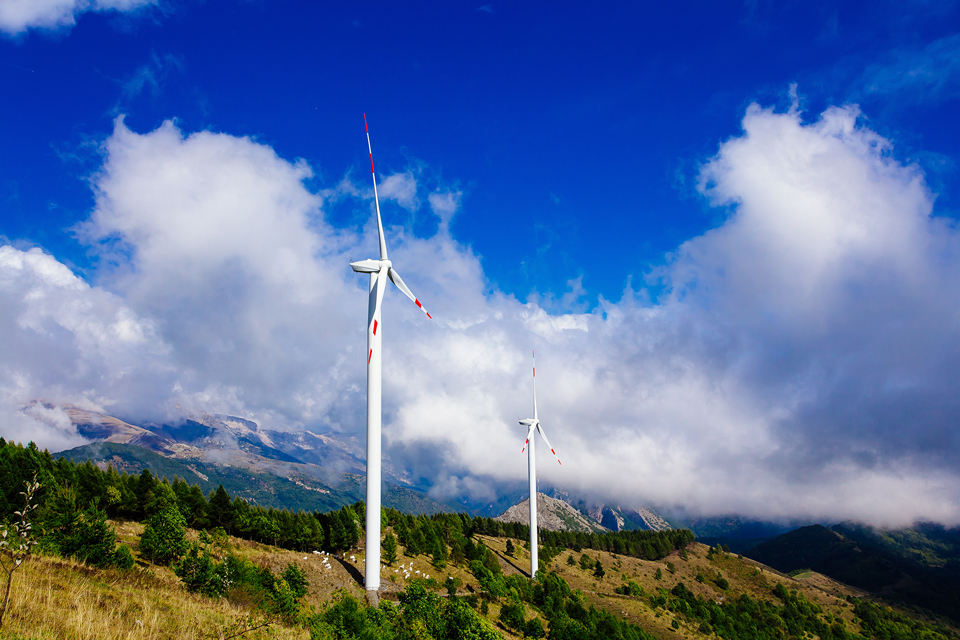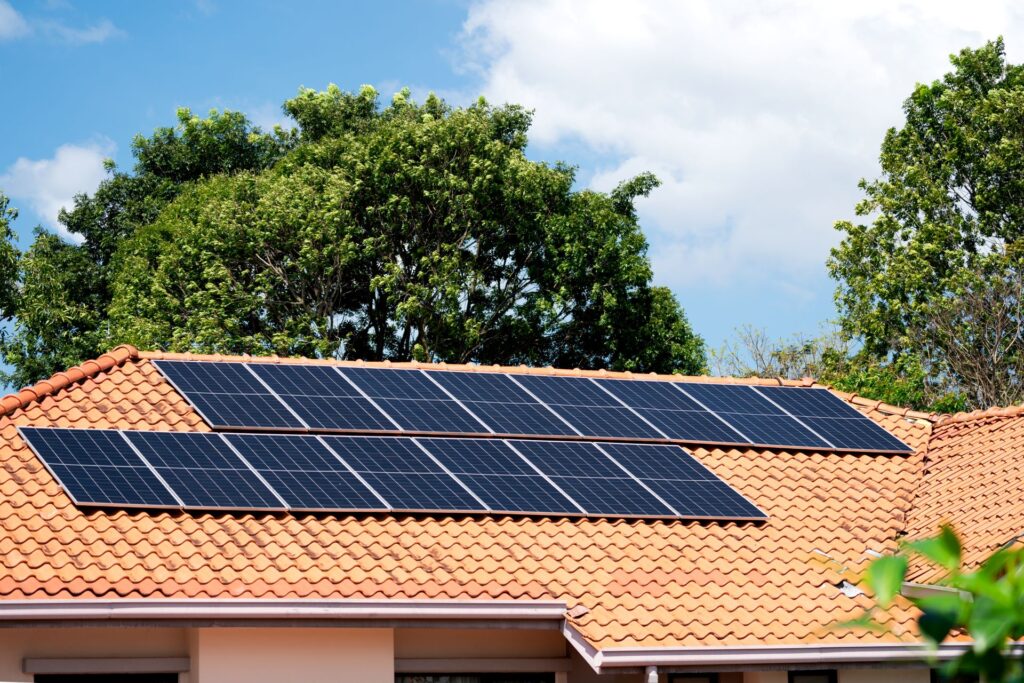Smart energy allocation is a modern approach to managing how we use electricity in our homes. It involves distributing energy in a way that maximises efficiency and minimises waste. By using smart technology, we can ensure that energy goes where it’s needed most, helping us save money and reduce our environmental footprint.
The benefits of smart energy allocation go beyond just cutting costs. It also contributes to a more sustainable lifestyle. With energy demands rising, especially in 2024, it’s important to use our resources wisely. Smart energy systems help balance supply and demand, making our homes efficient and environmentally friendly.
Let’s explore what smart energy allocation is all about, its key components, practical tips for achieving it at home, and what the future holds for this exciting technology. By understanding these aspects, you can make informed decisions and take steps toward a more efficient and sustainable way of living.
Understanding Smart Energy Allocation and Its Benefits
Smart energy allocation refers to the process of optimising how electricity is distributed and used within a home. This involves prioritising energy for essential appliances, storing excess power, and reducing waste. The main goal is to ensure that the right amount of energy is available when and where it’s needed most.
One of the key benefits of smart energy allocation is cost savings. By using energy more efficiently, households can significantly reduce their electricity bills. Smart systems can shift energy usage to off-peak times when electricity rates are lower, further cutting costs. This means you pay less for the same amount of energy.
Another major benefit is environmental sustainability. Efficient energy use means less power needs to be generated, which can reduce the burning of fossil fuels and lower carbon emissions. Using renewable sources like solar power as part of a smart energy system makes this even more impactful. This helps fight climate change and contributes to cleaner air and a healthier planet.
In addition, smart energy allocation offers greater reliability and security. By storing energy in batteries, you can have a backup power source during outages or peak usage times. This ensures your home remains powered even when the grid is under stress. It’s a practical and efficient way to manage energy use and keep your household running smoothly.
Key Components of a Smart Energy System
A smart energy system is made up of several key components that work together to optimise energy use. Here’s a look at the main parts:
-
Solar Panels
Solar panels are the backbone of any smart energy system. They capture sunlight and convert it into electricity, providing a renewable source of power for your home. By generating power on-site, you reduce the need to draw electricity from the grid, which can be both costly and less eco-friendly.
-
Energy Storage Batteries
These batteries store excess energy produced by your solar panels. Instead of wasting unused electricity, batteries allow you to save it for later use, such as during night-time or cloudy days. This storage capability is crucial for maintaining a steady energy supply and ensuring efficiency.
-
Smart Meters and Monitors
Smart meters and energy monitors help you track your energy usage in real-time. These devices provide detailed information on where and how much energy is being used in your home. With this data, you can make informed decisions about how to adjust your energy consumption, optimise usage, and reduce waste.
-
Home Energy Management Systems (HEMS)
HEMS are smart systems that automate and control energy usage in the home. They can prioritise energy allocation to essential appliances, manage energy storage, and even decide the best times to use or store energy based on real-time conditions. This automation takes the guesswork out of energy management and ensures maximum efficiency.
-
Smart Appliances
Modern smart appliances are designed to be more energy-efficient and integrate seamlessly with HEMS. They can communicate with the energy management system to operate during off-peak times or when there’s excess solar power available. This helps further optimise energy usage and reduce costs.
By understanding these key components, you can better appreciate how a smart energy system works and the benefits it brings to your home. These systems are designed to be user-friendly, making it easier for anyone to adopt and enjoy the advantages of smart energy allocation.
Practical Tips for Optimising Smart Energy Use at Home
Optimising smart energy use at home doesn’t have to be complicated. Here are some straightforward tips to help you get the most out of your smart energy system:
-
Use Energy-Efficient Appliances
Switch to appliances that use less energy. Look for energy ratings when buying new devices. Energy-efficient fridges, washing machines, and air conditioners consume less power while offering the same performance.
-
Schedule Energy Use Smartly
Take advantage of smart appliances and energy management systems. Schedule energy-heavy tasks like running the dishwasher or washing machine during off-peak hours when electricity rates are lower. This can result in significant savings on your energy bill.
-
Maximise Solar Power Use
Try to use more energy during the day when your solar panels are generating the most power. This could mean running your washing machine or charging your electric car during daylight hours.
-
Monitor Your Energy Consumption
Keep track of your energy usage with smart meters. Being aware of how much energy you use and when can help you identify patterns and make adjustments. Many systems come with apps that break down your energy consumption, making it easier to understand and manage.
-
Set Energy-Saving Goals
It’s helpful to set specific goals for reducing energy consumption. Whether it’s decreasing your monthly usage by 10% or limiting the use of certain appliances, having a clear target can motivate you and your family to be more mindful about energy use.
The Future of Smart Energy: Trends and Innovations
Smart energy technology is rapidly evolving. Here are some exciting trends and innovations we can expect to see more of in the near future:
-
Increased Integration with Smart Homes
Smart energy systems are becoming more integrated with other smart home devices. Imagine your energy management system working with your smart thermostat, lights, and security systems to optimise energy use across the board. This integration creates a seamless smart home experience while saving energy.
-
Advances in Battery Technology
New developments in battery storage are making it possible to store more energy for longer periods. These advances mean better performance and more reliable energy backup options, ensuring you have power when it’s most needed, even during peak times or outages.
-
Utilising Artificial Intelligence (AI)
AI is set to play a bigger role in energy management. Smart energy systems will use AI to predict energy needs, adjust settings automatically, and even detect issues before they become serious problems. This makes energy management more intuitive and efficient.
-
Grid Resilience and Decentralised Energy
There’s a growing focus on grid resilience and decentralisation. This means homes with smart energy systems can both draw from and supply energy to the grid, creating a more flexible and resilient energy network. These systems can help stabilise the grid by providing extra power during high demand and absorbing surplus energy when supply exceeds demand.
-
Sustainable Energy Initiatives
As awareness of climate change grows, we’ll likely see more policies and incentives promoting renewable energy use. Governments and organisations are pushing for cleaner energy solutions, making it easier and more beneficial for households to switch to smart energy systems.
Save Money and the Environment: Smart Energy Allocation
Smart energy allocation is a powerful way to make your home more efficient and environmentally friendly. By understanding and implementing the key components and practical tips for optimising energy use, you can enjoy substantial cost savings and contribute to a sustainable future. The future of smart energy looks promising, and staying informed about upcoming trends and innovations can help you make the most of your smart energy system.
Switching to smart energy isn’t just about saving money; it’s about creating a better world for ourselves and future generations. Ready to make the shift? At KLUEM Group, we are here to help you every step of the way.
Contact our electricians in Perth today to learn more about how we can help you optimise your home’s energy use with state-of-the-art smart energy solutions. Let’s work together for a greener tomorrow!




